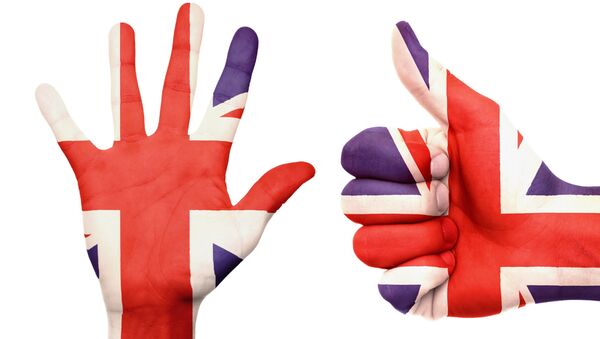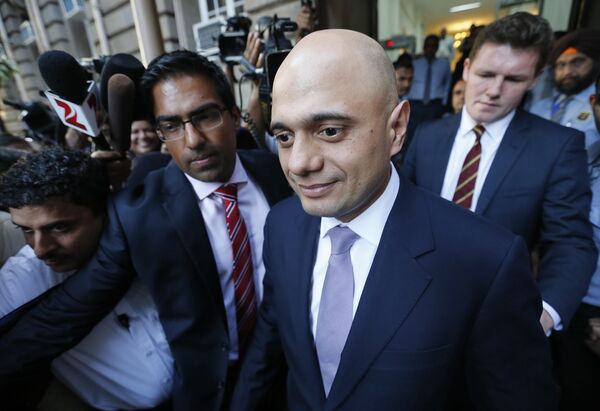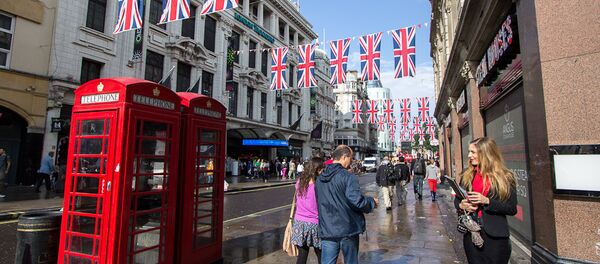Sajid Javid was appointed in July 2016 by Prime Minister Theresa May, a month after the UK's historic decision to exit the EU.
Many political commentators drew a direct line between festering resentment fueled by the perception that successive previous governments had mismanagement immigration into the UK, and the successful Brexit campaign.
Then, in December 2016, the Conservative government published the Casey Review, an independent review into immigration and integration. The findings made for difficult reading for politicians and many members of the public alike.
The #Casey Review: a review into opportunity and integration — Publications — GOV.UK #uk https://t.co/2UVSqY4FNX
— Elham Manea (@ElhamManea) December 5, 2016
In her report, Dame Louise Casey warned that parts of the UK were becoming more divided as the country becomes more diverse. She highlighted that in some communities women were the subject of "abuse and unequal treatment of women enacted in the name of cultural or religious values."
And it's this kind of cultural segregation that the Communities and Local Government minister Sajid Javid says is unacceptable and must change.
He proposes making all officials holding public office, including immigrants, swear an oath of allegiance to "British values," such as democracy, female and sexual equality. The oath could apply even to NHS and BBC employees.
Javid claims that taking such a cultural stand will help fight extremism and encourage integration, adding that he believes it is not possible for people to play a "positive role" in public life unless they accept basic human rights.
DCLG Secretary @sajidjavid wants public office holders to swear to support our country's values. I concur. https://t.co/wNelKENvvA
— Mohammed Amin (@Mohammed_Amin) December 18, 2016
Laying out his position in the House of Commons, Mr. Javid spoke of his own personal experience, growing up in Rochdale, in the north of England.
"Many of her [Dame Louise Casey] findings ring true to me personally. I've seen for myself the enormous contribution that immigrants and their families make to British life, all without giving up their unique cultural identities. But I've also seen with my own eyes the other side of the equation.
"For too long too many people in this country have been living parallel lives, refusing to integrate and failing to embrace the shared values that make Britain great. And for too long too many politicians in this country have refused to deal with the problem. They've ducked the issue for fear of being called a racist failing the very people that they are supposed to be helping, and I will not allow this to continue."
Shadow home secretary Diane Abbott, has denounced the suggestion of a loyalty oath being introduced in the UK.
"I have nothing against it in principle, but it will not make a difference to the problems of radicalization, or integration. I don't think the oath will make any verifiable difference," she said.
The idea of a loyalty oath was one of the official recommendations of Dame Louise Casey's immigration report.




